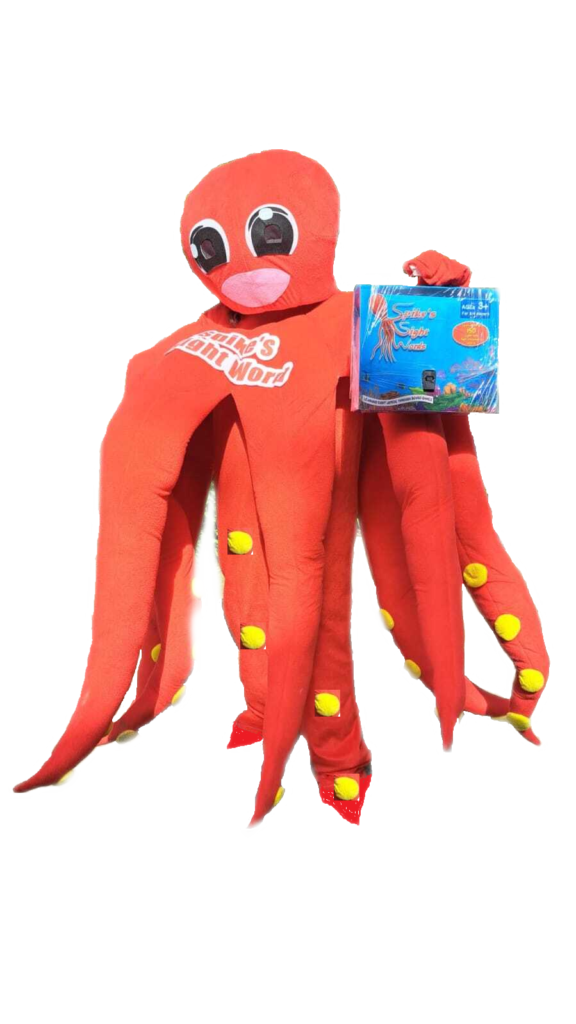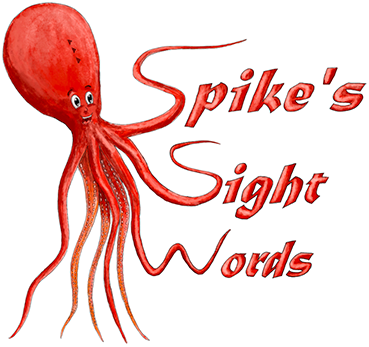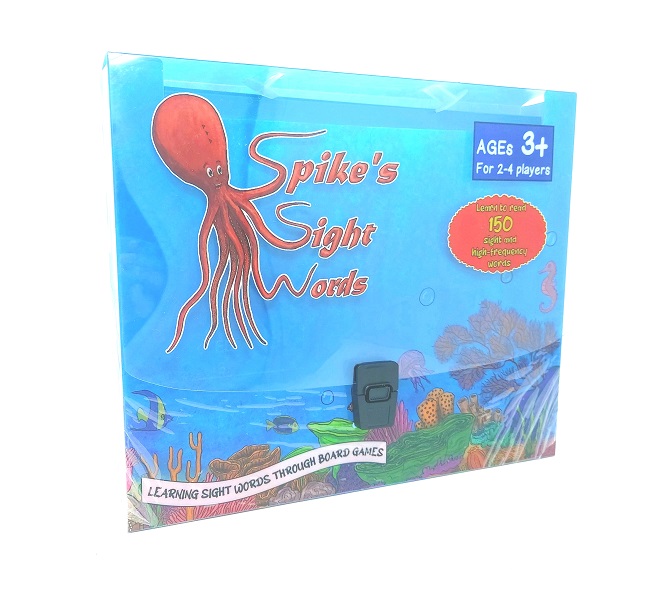
The English language is notorious for being difficult to learn and even as adults, it can be hard to remember the spellings of certain words.
With daily usage causing constant change, and the influx of people from diverse backgrounds always adding new expressions, it is a wonder anyone can keep up with it. Still, the complexities are part of what make English so interesting.
Here we have put together a list of 20 words that even adults find difficult to spell.
So how many spellings do you struggle with?
Bouillon
Sounding like a middle name for someone in the Royal family, this is really a word from the French, meaning “liquid in which something has been boiled”. The English word, while tough to spell, sounds better than the French meaning. After all, they could have boiled a rugby ball in the French pot, for all we know. Pronounced bool-yawn.
Psychologist
Takes the silent letter rule to another level, with this word that feels like someone shut the refrigerator too hard, and all the magnet letters fell on the floor.
Exacerbate
A word that is nearly as tricky to pronounce as to spell. Exacerbate is pronounced ex-ass-er-bate. It means to make an already bad situation even worse.
Onomatopoeia
A noun that is defined as “the formation of a word (thing or action) by a vocal imitation of the sound associated with it, such as buzz and hiss.” This word has double the number of vowels than it has consonants, and figuring out their order can be challenging. The correct pronunciation of this word sounds like aa-nuh-maa-tuh-pee-uh.
Sacrilegious
What it means: Disrespectful toward something holy or sacred—this word is sometimes used humorously
Why it’s hard: Because it’s connected to the idea of anti-holiness, many people hear the word “religious” in this one; therefore, they want to spell it “sacreligious.” However, this word actually comes from the noun “sacrilege,” and has no “religious” roots.
How to use it: “You’re Canadian and you don’t like maple syrup? That’s sacrilegious!”
Paraphernalia
What it means: Particular objects needed for a certain activity
Why it’s hard: If you don’t think this one belongs on our list of the hardest words to spell in the English language, maybe you’re spelling it wrong! Many people mistakenly pronounce this word “para-fa-NEEL-ia” leaving the second “r” silent and changing the second-last “a” (a long “a” sound) to a long “e” instead. As a result, you might be tempted to write “paraphenelia.”
How to use it: “The boot of my car is such a mess—all of my golf paraphernalia is in there.”
Mnemonic
Pronounced nǝ-mah-nic. This is a group of numbers or letters used to represent something else, often to aid in remembering. An example is Be-Easy-Alice-Don’t-Grab-Carol’s-Finger, used in music to represent the order of flats on the staff.
Yacht
Admittedly, yacht is more of a strange spelling than it is difficult. And that’s because when said aloud, there’s no “tch” sound in it. Instead, it sounds like yaat when pronounced. This noun refers to “a large sailing boat” or “a large motor-driven craft used for pleasure sailing.”
Minuscule
What it means: Very small
Why it’s hard: You might associate this word with “mini,” derived from “miniature,” another word that refers to something tiny. So it would be understandable if you wanted to spell this one “miniscule.” But that’s not the case! Make sure you spell this one with a “u.”
How to use it: “Even if you can only save a minuscule amount of money every day, it can add up in the long run.”
Mischievous
Mischievous is an adjective that describes a person or animal who “enjoys playing tricks and annoying people,” or describes an act or thing as “intended to cause harm or trouble.” This word is pronounced like mis-chuh-vuhs when said out loud.
Pterodactyl
You might never need to know how to spell pterodactyl. Then, again, you might be surprised and need to know how to spell it tomorrow.
Mischievous
Mischievous is an adjective that describes a person or animal who “enjoys playing tricks and annoying people,” or describes an act or thing as “intended to cause harm or trouble.” This word is pronounced like mis-chuh-vuhs when said out loud.
Nauseous
More than half of the letters in nauseous /ˈnɔːʃəs/ are vowels, and figuring out in which order they go can be tricky for a lot of people. This adjective describes someone as “affected with nausea or as if they need to vomit.” It can also mean “an offensive taste or smell.”
Conscientious
An adjective that describes someone as “meticulous, careful” or who “follows their conscience.” This word is pronounced kaan-shee-en-shuhs. What makes this word challenging is that the “-sc-” and the “-t-” produce the same /ʃ/ (or “sh”) sound.
Orangutan
What it means: A large ape with brownish-red hair
Why it’s hard: Is this a typo? Why wouldn’t there be a “g” at the end of this word? Well, contrary to popular belief, this animal is not called an “orangutang.” We’re not sure exactly where that pronunciation came from, but it’s quite widespread—and so is the misspelling of the word.
How to use it: “Did you know that orangutans spend almost their whole lives in trees?”
Advice/Advise
The noun takes a “c”, the verb form requires an “s”. But how do we possibly remember that? Advice always has a word in front of it. We give advice, we take advice. Advise stands alone. We advise someone.
Epitome
What it means: The best example of something; a perfect representation
Why it’s hard: If you’ve only ever heard this word before and have never seen it written, you may have thought it was spelled “epitomy”—after all, it ends with a long “e” sound, so using a “y” seems like the logical choice. But, just like the word anemone, that final sound is represented by the letter “e.” This is far less common than using a “y,” and is, therefore, a little confusing.
How to use it: “My ex-girlfriend is the epitome of selfishness.”
Pneumonia
This is a lung inflammation, which is definitely no fun. But now you will know how to spell it if it happens.
Fuchsia
Fuchsia refers to an ornamental bush with deep pink, red, and purple flowers that hang. Fuchsia also refers to a vivid, deep, reddish-purple color. The “-ch-” in this word is what throws writers off. When pronounced out loud, this word sounds like “fyoo-shuh.”
Jewellery
Jewellery is another case of a word that’s often misspelled, simply because it’s also often mispronounced. When said aloud, many people say jew-ler-ry, but the correct pronunciation sounds like jool-ree. This noun refers to “personal ornaments like rings, necklaces, and bracelets that people wear as decorations.”
Subtle
So delicate that it is nearly undetectable. Usually used when talking about contrast or alteration.


